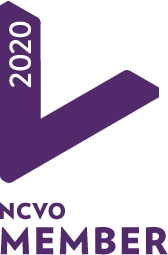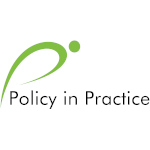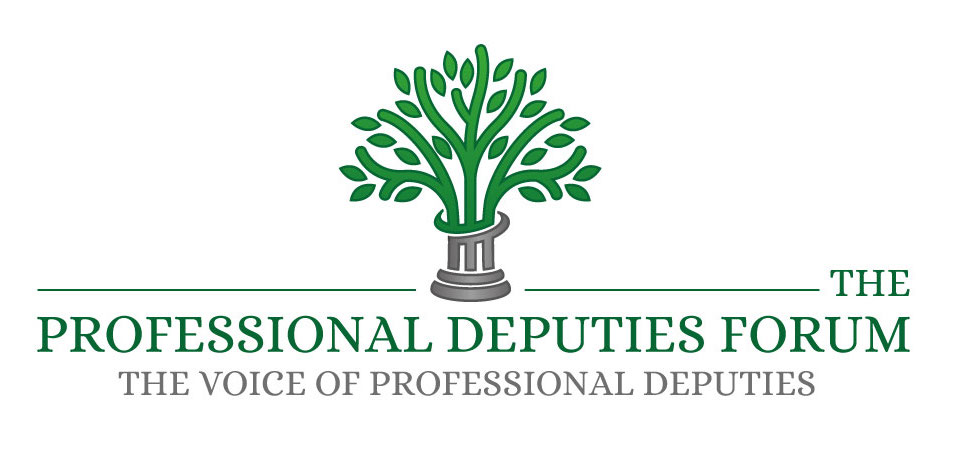The relationship between vulnerability and gambling is a particularly difficult one, which requires careful thought amongst all involved – and the reasons for this have been much in the news lately. Figures from earlier this month, for instance, show that the number of people suffering from gambling addiction being admitted to NHS hospitals in England has grown by more than a quarter over the last year, with 335 people treated for gambling-related problems in 2018.
In addition to this, a study by the Gambling Commission found last month that there are alarming links between problem gambling and suicide, with 5 per cent of gambling addicts stating they had made at least one attempt on their own lives. There’s been a steep rise too in the number of complaints against British betting firms, again according to the Gambling Commission, with a record 8,226 made last year – a striking 5,000% rise since 2013, when that number stood at 169.
It’s not simply down to how the gambling firms themselves have been behaving over that time, though – it’s a more complex picture than that. The gambling industry has grown enormously over the period since 2007, when restrictions on betting and advertising were relaxed – so there’s been a lot more betting around which complaints might centre, with gamblers losing a record £14.5 billion in 2018, almost twice as when the regulatory changes came a decade previously.
Neil McArthur, Chief Executive of the Gambling Commission, says that the increase in complaints is actually, in part at least, a positive sign that the public expects greater responsibility from gambling firms. “We are pushing the industry to know its customers, and part of this is actually, possibly, a good sign because it’s suggesting that consumers are demanding more of the gambling operators. And I would encourage them to continue to do that,” he explains.
And there are welcome signs that these growing expectations are yielding positive results. Mounting concern over vulnerable gamblers has helped spur action by the gambling industry itself to fund addiction treatment – the owners of several major firms have pledged to increase their voluntary levy on gambling profits from 0.1% to 1% up to 2023, a total contribution of £60 million.
More, however, needs to be done in the face of such alarming figures as those we’ve seen this month – and we need preventative action, as well as reactive tools like addiction treatment. The charity Gambling with Lives, which aims to support families bereaved by gambling-related suicides and raise awareness of the potential for harm, estimates that there are at least 250 gambling related suicides occur every year – and calls for self-exclusion software to be available online.
This is the Vulnerability Registration Service in a nutshell. We make no charge to vulnerable people signing up to make their circumstances known to organisations like gambling companies, and we never will. As a not-for-profit company limited by guarantee, all revenues are spent on ensuring that people experiencing vulnerability can opt out of situations which may only make matters worse.
GamCare, the charity which runs the National Gambling Helpline, said of the Gambling Commission’s latest figures that “it is important people seek help as early as possible”, and we couldn’t agree more. We’re ready to play our part to help those who need it at a moment’s notice, and look forward to doing so following our launch on 11 September.













Post a comment